Chinese martial arts ‘backward’ compared to MMA, says fighter who knocked out tai chi master
- Xu Xiaodong famously knocked out a tai chi master who claimed mystical powers
- He says that Chinese martial arts skills are 40 years behind Western MMA techniques, but that his efforts to modernise them have been thwarted
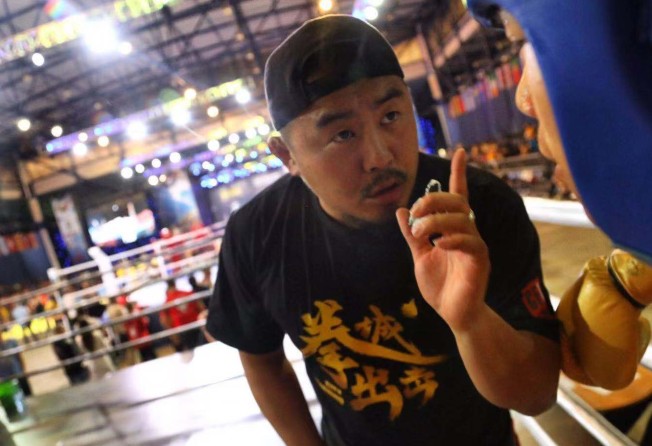
In May 2018, after his mixed martial arts team performed poorly in an amateur championship in Ukraine, the usually boastful Chinese MMA fighter Xu Xiaodong ate humble pie. Chinese fighters’ skills lag far behind those of their international rivals, he declared.
The 13 young Chinese men he took to fight in the International Sport Kickboxing Association (ISKA) event were amateur fighters from different walks of life, including a food delivery worker and a train engineer. They racked up nine losses and only four wins, and Xu broadcast the results in photos on WeChat.
During the contest he had seen familiar faces from many countries who had fought in professional competitions in China. He concluded that many overseas amateur fighters were a match for Chinese professional fighters. “The skills of international masters are much higher than ours,” Xu says.
“No Chinese had ever competed in that championship. I was the first to bring a team there … the trip let us see the world and stop resting on our laurels.”
In an interview with the South China Morning Post at his MMA training school in Beijing, which he opened in 2012, Xu talked about the primitive state of Chinese MMA and why the “rather backward” Chinese traditional martial arts need to reform, and accused the Chinese Wushu Association and the media of launching a collective smear campaign against him.
Xu has earned notoriety for fighting traditional Chinese martial artists and wushu practitioners. A video of Xu, 39, knocking out tai chi master Wei Lei in 10 seconds went viral in 2017. Wei boasted of having mystical powers and Xu took him on as part of his campaign to expose fake kung fu.
But his vanquishing of wushu practitioners has seen him criticised for insulting traditional Chinese martial arts and exalting the Western MMA at the expense of his home country – an unforgivable sin as far as the growing ranks of nationalistic Chinese are concerned.
Doubling down on his conviction that Chinese kung fu is not modern enough to be effective as a combat sport, Xu said he would certainly pick MMA over wushu when he fought.
“Chinese traditional wushu like tai chi is a philosophy and social medium. It’s not martial arts. While China needs reform and opening up, Chinese martial arts need them even more, as their development lags [Western counterparts] by 40 years,” he said. “My appearance has opened the door to slowly open up wushu.”
“We need to learn from overseas. Chinese wushu practitioners have been living like frogs in a well for too long,” he added.
A fan of Bruce Lee and martial arts novels and films, Xu says he got into many in fights in his childhood.
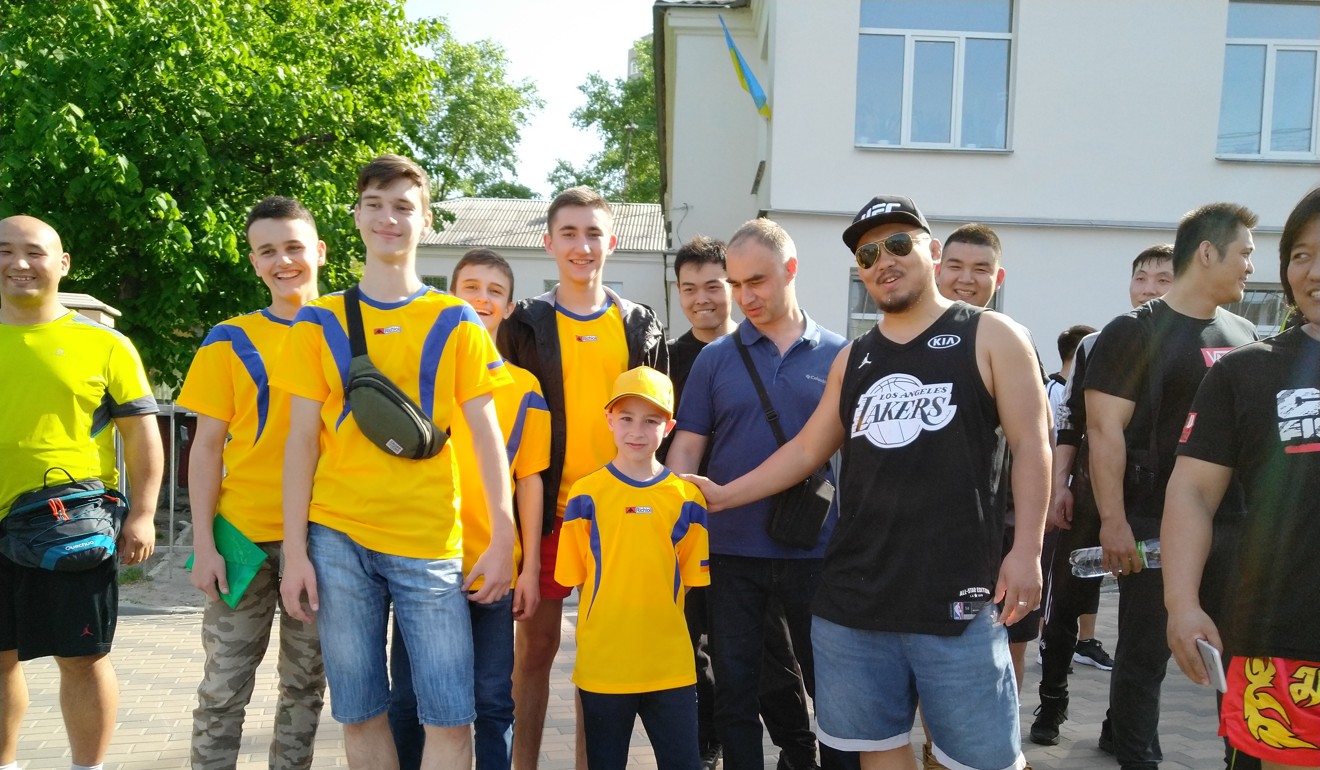
“I love adversarial sports like basketball and football,” he said. “I first learned judo. But I had a poor relationship with my judo classmates. I wanted to beat them up as I couldn’t win against them. The teacher kicked me out.
“Later, I learned sanda [Chinese kick-boxing] at a sports school in Beijing. Ninety-nine per cent of Chinese MMA fighters, amateur or professional, graduate from sanda.”
In 2000, he set up an MMA team in China, which Xu says was the first there to engage in MMA contests.
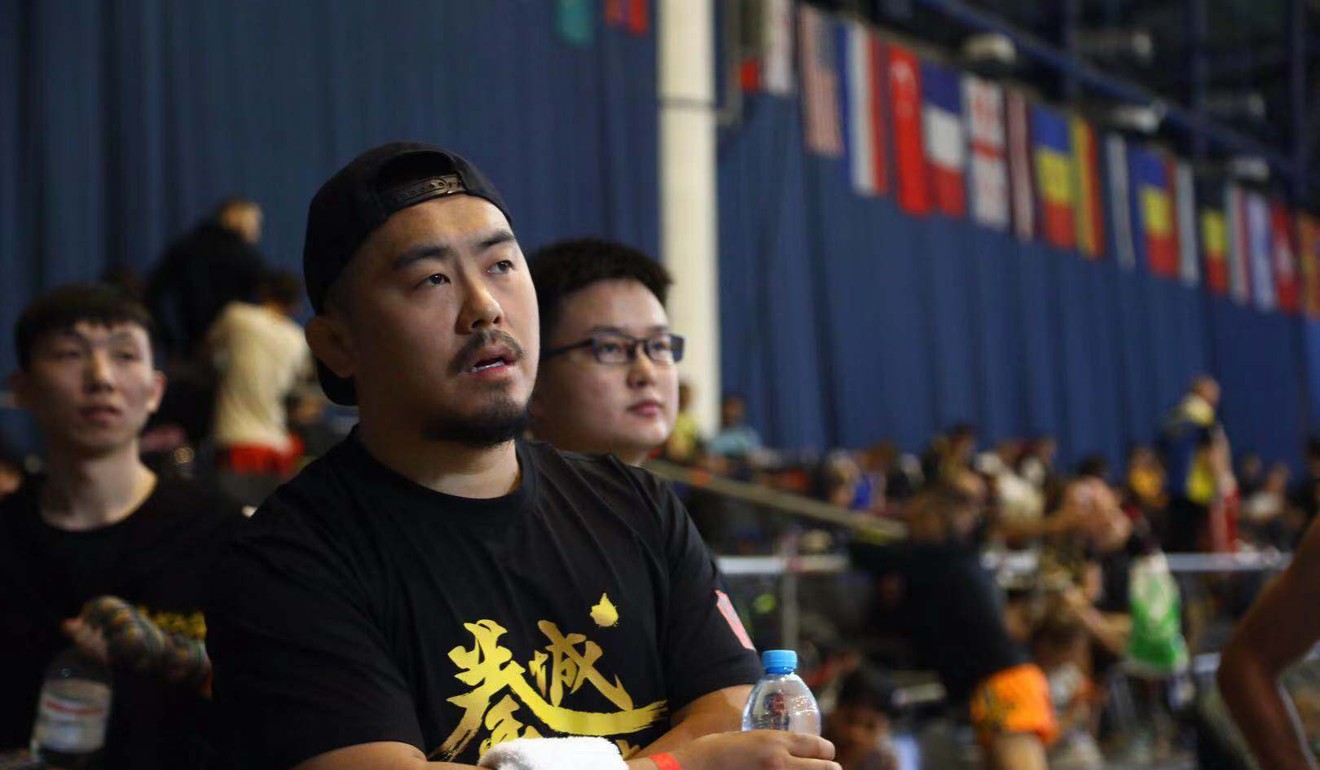
“Our opponents then were all foreigners: exchange students from America, Canada, France and Japan – no Chinese did MMA then,” he says.
We need to learn from overseas. Chinese wushu practitioners have been living like frogs in a well for too long
MMA originated from illegal underground fist fights in Brazil, Russia and other countries. The Ultimate Fighting Championship (UFC) was founded in the United States in 1993 to commercialise the emerging sport. Japanese mixed martial arts promotion company Pride Fighting Championships was founded in 1997. Xu says Chinese learn MMA mostly from Japan.
“We only learned of UFC later. UFC held its first contest in China in Shanghai in 2017 and the second one in Beijing in November. Over the past few years, there have been many MMA contests organised in China. But due to poor TV ratings and lack of capital, they have all since closed down. Now, there’s not even one purely Chinese MMA contest.
“Chinese in nature don’t really like [physical] fights. Only very few people will buy a ticket to see the fights. They prefer the wushu in video games, movies and novels.”
Xu’s efforts to modernise and promote wushu were deterred by “some departments” he declined to name.
“Starting from July, I went to 27 Chinese cities, from Qiqihar [in Heilongjiang province] to Hong Kong, to look for all kinds of traditional wushu teachers to take part in the inaugural Chinese Wushu Championships I had organised. It was scheduled to be held on November 23 and 24. But the competition was stopped around three days before it was due to start on grounds of ‘maintaining stability’.”
Xu castigates the media and Chinese Wushu Assocation for launching a smear campaign against him.
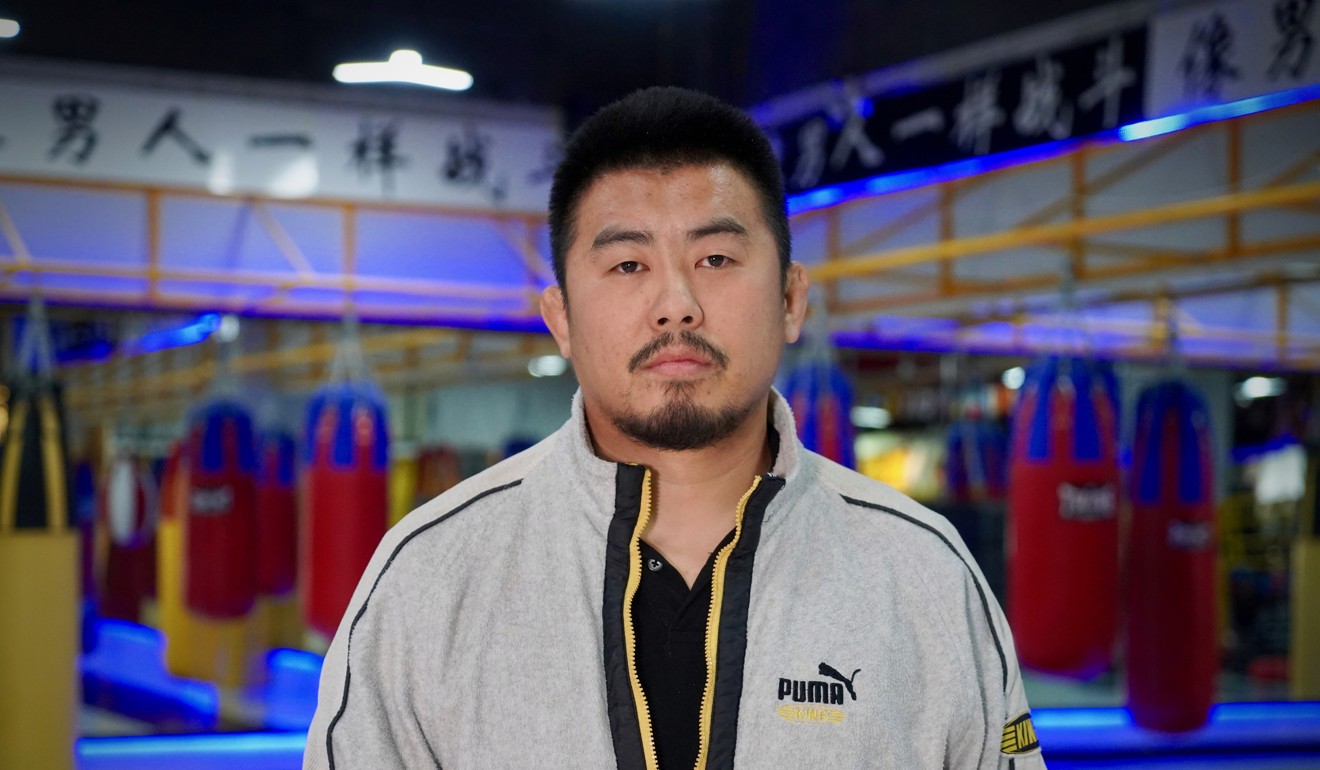
“I didn’t challenge martial arts masters everywhere, as they claimed online. I only revealed the fakery of Wei Lei. It’s the martial arts masters who challenged me in an attempt to promote themselves. [In April he defeated wing chun master Ding Hao in under two minutes.]
“China has many people and groups who disparage me as anti-Chinese and against traditional civilisation. I went to America and Japan for fun. People attacked me for being a [foreign] spy after I came back. It was like a revival of the Cultural Revolution.
“Chinese have a poor trait, which is to sympathise with the weak but hate the strong. They should respect the strong. They disparage a man who genuinely wants to promote Chinese martial arts. My campaign to crack down on fake kung fu is not about righteousness. I did it to take revenge on those who framed me.”
Xu claims the Chinese Wushu Assocation contacted modern fighters – trained in Chinese kick-boxing, boxing, wrestling and judo – asking them to challenge him to fight them one by one. He says he is good at exposing fake fighters, and wouldn’t expect to defeat real martial arts masters one after the other.
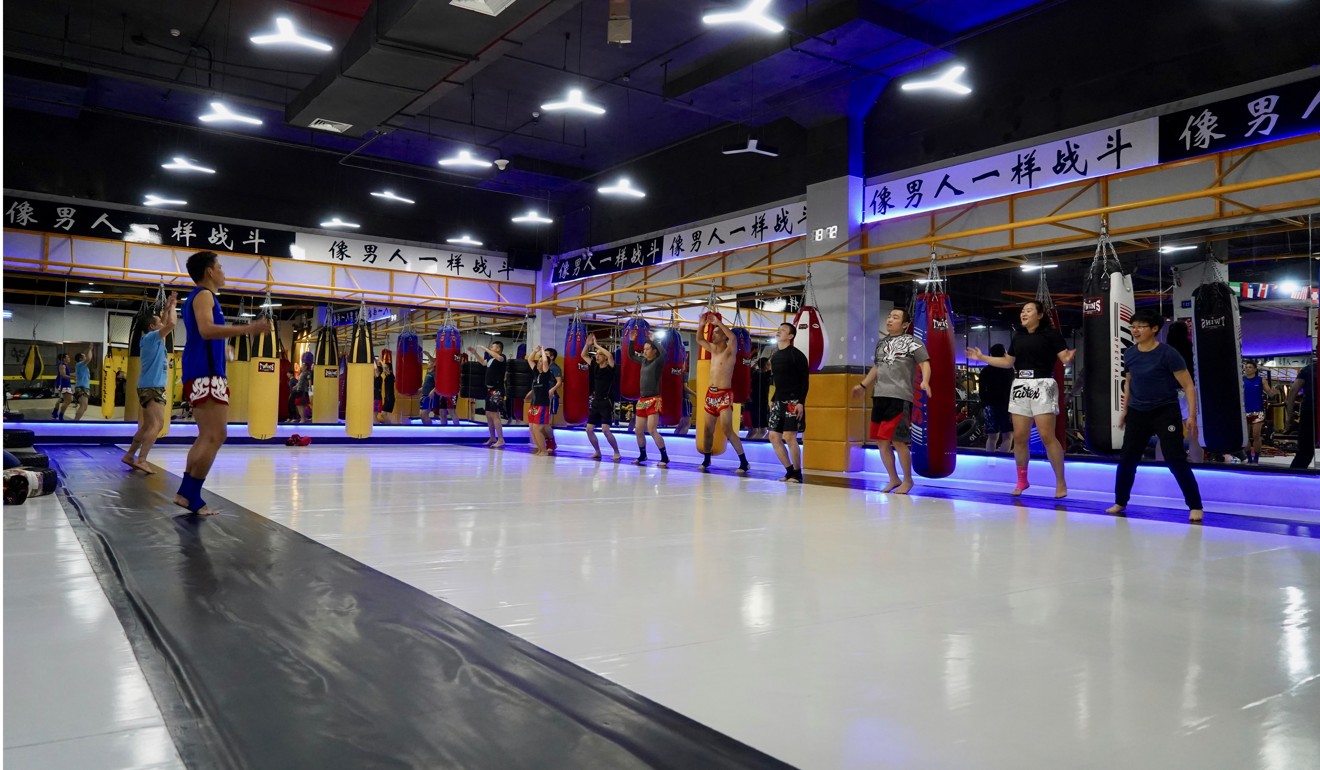
WeChat and other social media outlets in China have also banned him, he says.
“I have a talk show, which is the best talk show in the Chinese wushu community over the past century. Each season has 12 episodes. Three seasons were already screened. But you have to view it using a virtual private network or in a foreign country. I want to write an autobiography and make a series of movies. But I can’t do anything in the current environment,” he says.